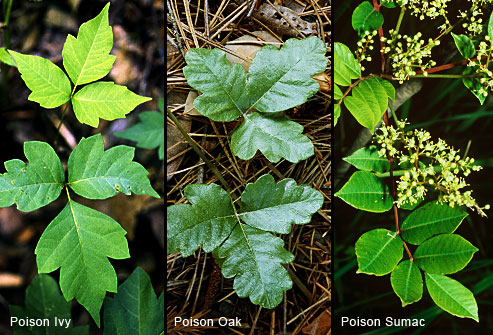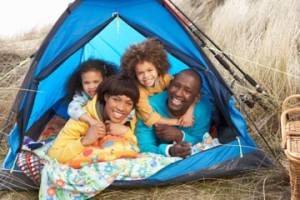 Camping is a great way to get outdoors and soak up some vitamin D. Whether your trekking solo or with the whole family, remember to follow these healthy camping tips to get the most our of your trip.
Camping is a great way to get outdoors and soak up some vitamin D. Whether your trekking solo or with the whole family, remember to follow these healthy camping tips to get the most our of your trip.
1. Get Vaccinated
Many diseases can be found out in the wild, so it’s important to make sure your up to date on all your vaccines. Check with your doctor, they might recommend tetanus, pertussis (whooping cough), meningitis, and/or hepatitis A, depending on your medical history, destination, and other factors.
2. Prepare Healthy and Safe Foods
Leave the junk food at home (or better yet, throw it away!). Healthy foods will help you stay energized and prepared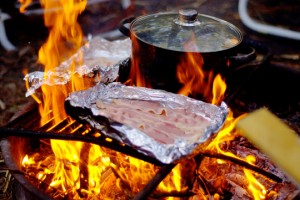 for any situation. Follow these steps to keep your food safe:
for any situation. Follow these steps to keep your food safe:
- Pack foods in tight, waterproof bags or containers. Keep them in an insulated cooler.
- Wash hands and surfaces often. Use hand sanitizer if water is not available.
- Separate raw foods from cooked foods.
- Cook foods to proper temperatures.
- Chill foods promptly.
My favorite camp food: campfire-baked potatoes. Just wrap plain ol’ potatoes in foil, throw them right into the fire, and pull them out with a stick or tongs when they’re a little soft to poke (with a stick, don’t burn yourself!). Let them cool, cut them open, and eat with a light sprinkling of cheese and grilled onion. It’s easy, fun, and delicious!
3. Include Safe Physical Activities
Camping is a great way to get up and moving! Try activities like walking, hiking, biking, or swimming to keep you active during your camping trip. Adults should get at least 2.5 hours a week and kids should get at least 1 hour a day of physical activity. Some safety tips:
- Be sure to bring protective gear, such as helmets, sturdy shoes, and life jackets.
- Avoid poisonous plants, like poison ivy, poison oak, and poison sumac.
- Know your limits, and take steps to avoid injury during activities.
- Never hike or swim alone.
- Watch kids closely.
4. Protect Against Carbon Monoxide Poisoning
Carbon monoxide is produced by gas stoves, heaters, lanterns, charcoal grills, and other fuel-burning equipment. Only use these in a well ventilated area or outside, and NEVER inside a tent, camper, or other enclosed shelter. Carbon monoxide is colorless, odorless, and can cause illness or death in people and pets.
Instead of using fuel-burning heat sources inside tents, keep warm by bring adequate bedding and clothing, and consume extra calories and fluids while camping to prevent hypothermia (a dangerous loss of body warmth that can cause death).
5. Avoid Wild Animals, and Protect Family Pets
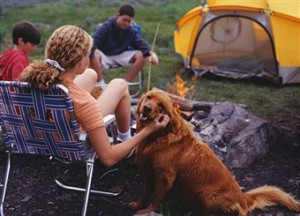 Wild animals can carry some very dangerous diseases, including rabies, hantavirus, Giardia infection, and more. Avoid touching, feeding, and getting near wild animals. Enjoy watching them from a safe distance in their natural surroundings. Make sure your food stayed sealed and kept away from wild animals.
Wild animals can carry some very dangerous diseases, including rabies, hantavirus, Giardia infection, and more. Avoid touching, feeding, and getting near wild animals. Enjoy watching them from a safe distance in their natural surroundings. Make sure your food stayed sealed and kept away from wild animals.
Keep your pet safe by watching them closely, and make sure that they are fully vaccinated. Check them for ticks regularly, and promptly remove them. Make sure your pets have plenty of water, food, and shelter, and make sure they don’t overheat or get too cold.
6. Fight the Bug Bite
Mosquitoes, ticks, and other insects can cause certain diseases, like West Nile Virus and Lyme disease. Remember to 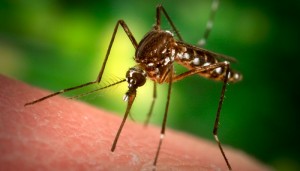 apply insect repellent containing DEET to exposed skin. Repellents containing 20% or more DEET (N, N-diethyl-m-toluamide) can protect up to several hours. The insect repellent permethrin can help keep ticks from attaching to them. Be sure to follow directions on the package. Check for ticks daily, and remove them promptly. Wear long sleeves, pants, and other light-colored clothing to help prevent and spot ticks more easily.
apply insect repellent containing DEET to exposed skin. Repellents containing 20% or more DEET (N, N-diethyl-m-toluamide) can protect up to several hours. The insect repellent permethrin can help keep ticks from attaching to them. Be sure to follow directions on the package. Check for ticks daily, and remove them promptly. Wear long sleeves, pants, and other light-colored clothing to help prevent and spot ticks more easily.
7. Prevent Temperature-Related Illness
Bring adequate bedding and clothing to stay warm during cool nights and prevent hypothermia. A tarp under your tent can help keep you dry. To help prevent heat-related illness during hot days, drink plenty of alcohol-free and sugar-free fluids. Drink water, even if you’re not thirsty. Wear layers of light-weight, light-colored, and loose-fitting clothing. Find shade to rest in frequently to protect yourself and/or your children from too much sun.
8. Protect Yourself from the Sun
 UV rays are a danger at all times of the year, even on cloudy days. Use a broad-spectrum (against UVA and UVB rays) sunscreen and lipscreen with at least SPF 15. Shade is important, especially during midday hours when the sun’s rays are the most intense. Cover up with clothing, a wide-brimmed hat, and sunglasses.
UV rays are a danger at all times of the year, even on cloudy days. Use a broad-spectrum (against UVA and UVB rays) sunscreen and lipscreen with at least SPF 15. Shade is important, especially during midday hours when the sun’s rays are the most intense. Cover up with clothing, a wide-brimmed hat, and sunglasses.
9. Avoid Water-Related Illness and Injury
There’s nothing quite like taking a dip in a river or lake! Remember: don’t swim if you have diarrhea, and don’t swallow the water you swim in. Take a shower before and after swimming. Never swim alone. If you’re going boating, be sure to wear a life jacket. Alcohol and bodies of water don’t mix.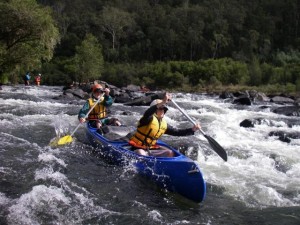
10. Be Prepared
As the Scout motto goes: Be Prepared! Always expect the unexpected. Before you leave, tell your friends and family your plans, check the weather, and look at the security of wherever you plan on camping. There’s no potties in the woods, be sure you know what to do. Remember to pack a first-aid kit, compass or GPS, map, flashlight, blankets, batteries, food, water, clothes, medications, and other survival equipment. Know who to contact at the camp to report issues that may come up. When you get home, inspect yourself for ticks, rashes, sunburn, dehydration, or any other problem.

